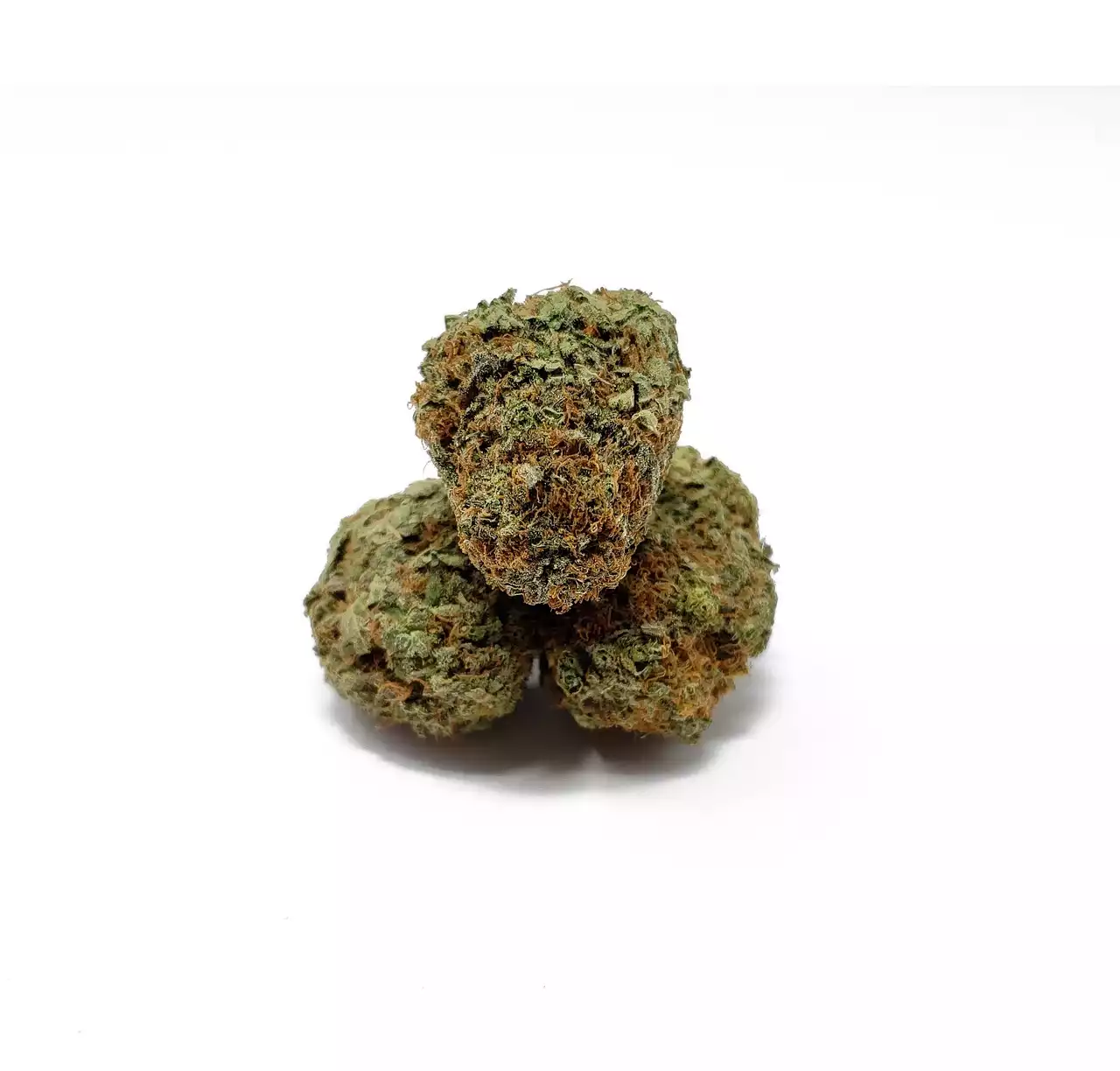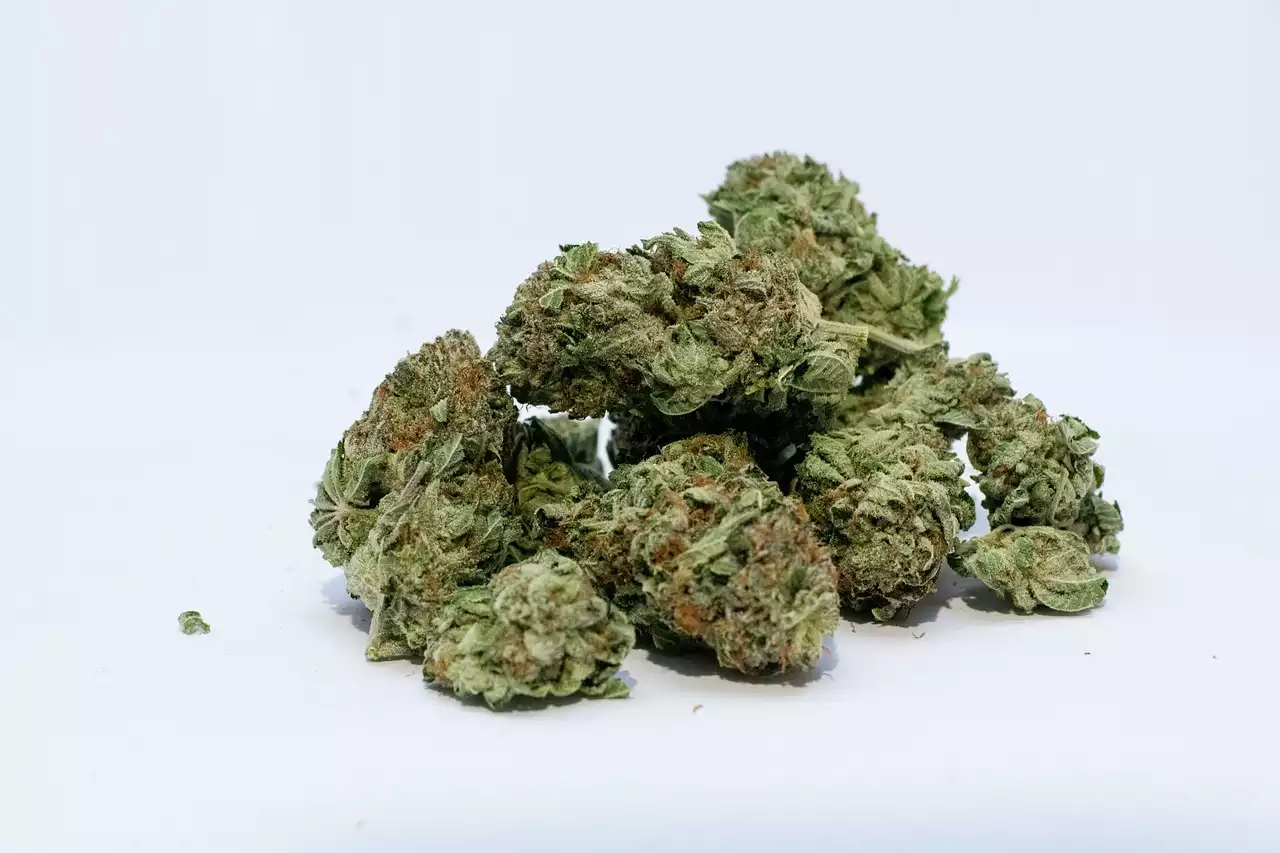What is THC oil?
THC oil, short for tetrahydrocannabinol oil, is a concentrated extract derived from the cannabis plant. It contains high levels of THC, the psychoactive compound responsible for the "high" associated with marijuana. The extraction process involves carefully separating the THC from the plant material to create a potent oil. This concentrated form allows for precise dosing and provides users with a more potent experience compared to smoking or consuming cannabis in its raw form.
THC oil is typically extracted using various techniques such as solvent extraction, CO2 extraction, or steam distillation. These methods ensure that the THC is separated from other cannabinoids and plant materials, resulting in a pure and potent oil.
Understanding the different types of THC oil
There are different types of THC oil available on the market, each with its own unique properties and effects. Full-spectrum THC oil contains not only THC but also other cannabinoids, terpenes, and flavonoids found in the cannabis plant. This combination creates what is known as the "entourage effect," where the various compounds work together synergistically to enhance the therapeutic benefits of THC.
On the other hand, THC distillate is a highly refined form of THC oil that has undergone additional purification processes to remove impurities and unwanted compounds. This results in a product that is almost pure THC, without the presence of other cannabinoids or plant materials.
Potential benefits of THC oil
THC oil has gained significant attention for its potential therapeutic benefits. Research suggests that it may be effective in managing pain, alleviating symptoms of chronic conditions, and even combating anxiety and depression. Numerous studies have shown that THC can help reduce pain and inflammation, making it a potential alternative for individuals suffering from chronic pain conditions such as arthritis or fibromyalgia.
Additionally, THC has been reported to have mood-enhancing effects, which can help alleviate symptoms of anxiety and depression. However, it is important to note that individual responses to THC can vary, and some individuals may experience increased anxiety or paranoia when using THC oil.
Legal considerations and regulations surrounding THC oil
The legal status of THC oil varies from country to country and even within different states or regions. In some places, THC oil is legal for medical or recreational use, while in others, it remains strictly prohibited. It is crucial to understand the local laws and regulations before purchasing or using THC oil to avoid any legal repercussions.
The difference between THC oil and CBD oil
It is important to differentiate between THC oil and CBD oil. While both are derived from the cannabis plant, they have distinct properties and effects. THC oil contains high levels of THC and is known for its psychoactive effects. On the other hand, CBD oil contains negligible amounts of THC and is primarily sought after for its potential therapeutic benefits without the intoxicating effects.
How to use THC oil safely and responsibly
When using THC oil, it is essential to start with a low dose and gradually increase it to find the optimal dosage for your needs. It is also advisable to consult with a healthcare professional, especially if you have any underlying medical conditions or are taking other medications.
To use THC oil, it can be consumed orally, added to food or beverages, or used in vaporizers. It is important to follow the manufacturer's instructions and guidelines for proper usage and dosage.
Potential side effects and risks of THC oil
While THC oil may offer potential benefits, it is crucial to be aware of the potential side effects and risks. Some individuals may experience dry mouth, red eyes, increased heart rate, or impaired coordination when using THC oil. In rare cases, higher doses of THC oil may lead to temporary hallucinations or paranoia.
It is also important to note that THC oil can be addictive for some individuals, and long-term use may have negative effects on mental health. It is recommended to use THC oil responsibly and in moderation.
Research and studies on the efficacy of THC oil
Numerous studies have explored the therapeutic potential of THC oil. Research suggests that THC may be effective in managing chronic pain, reducing nausea and vomiting in cancer patients undergoing chemotherapy, and improving appetite in individuals with conditions such as HIV/AIDS or eating disorders.
However, further research is needed to fully understand the long-term effects and potential risks associated with THC oil. As cannabis laws continue to evolve, more studies are being conducted to explore its various applications and potential benefits.
Conclusion: The future of THC oil and its potential impact on health and wellness
As the stigma surrounding cannabis continues to fade, THC oil is gaining recognition for its potential therapeutic benefits. From managing pain to alleviating symptoms of chronic conditions, THC oil holds promise in the field of health and wellness.
However, it is crucial to navigate the legal landscape and use THC oil responsibly. Staying informed about the local regulations and understanding the potential risks and benefits is essential for making informed decisions.
Demystifying THC oil allows us to explore its origins, potential benefits, and legal considerations. By understanding its properties and effects, we can make informed choices that prioritize safety, well-being, and personal preferences. Whether THC oil becomes a part of your wellness routine or not, knowing the facts empowers you to make the best decisions for your health. So, step into the world of THC oil and unlock its potential for a better, more informed future.









